INTERNACIONAL
Iran’s Khamenei rejects US zero uranium enrichment demand as ‘100% against’ its interests
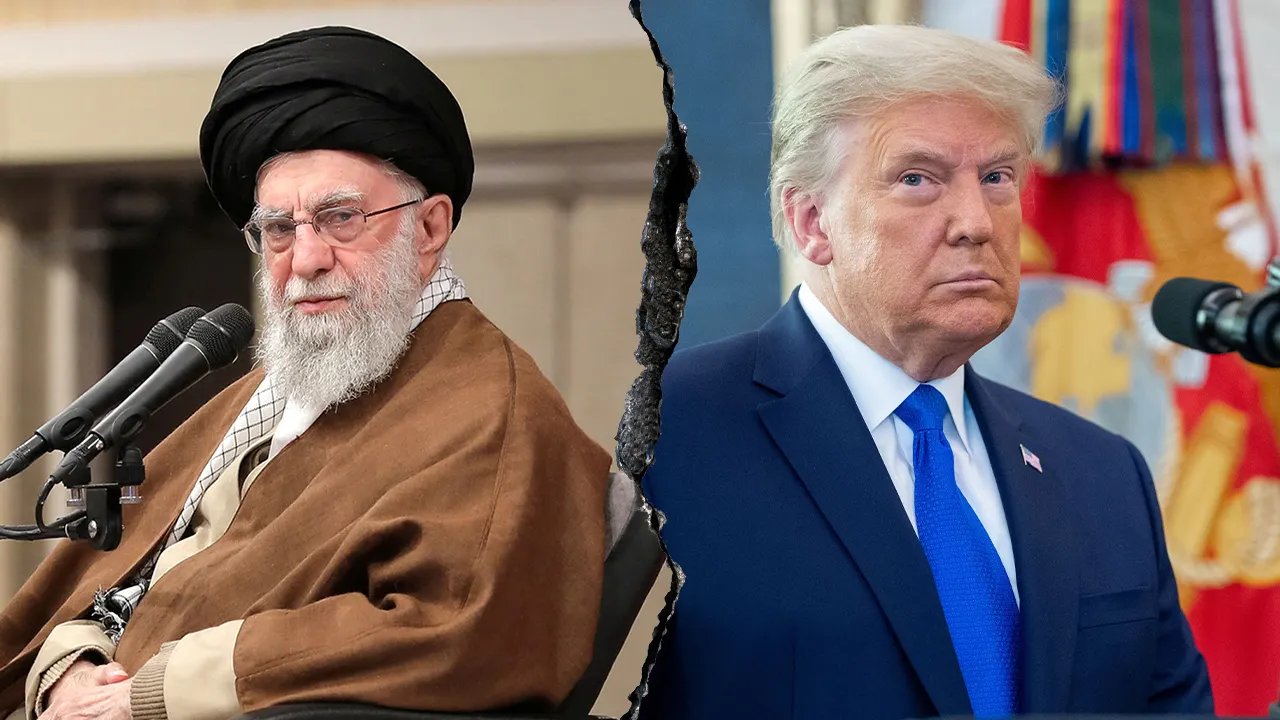
NEWYou can now listen to Fox News articles!
Iranian Supreme Leader Ayatollah Ali Khamenei on Wednesday came out swinging at the U.S.’ most recent proposal, which apparently included a call for zero uranium enrichment, to which the Iranian leader said was «100 %» against Tehran’s interests.
The issue of whether the U.S. would push a complete ban on uranium enrichment – a process that is needed to produce nuclear energy as well a warhead – came into question this week after reporting suggested a U.S. proposal submitted to Iran through Omani mediators on Saturday allowed for «low levels» of enrichment.
President Donald Trump appeared to refute this in a social media post this week, and on Wednesday, Khamanei, who did not comment directly on the specifics of the proposal, said that «In the current nuclear talks that are being mediated by Oman, the U.S.’s proposal is 100% against the spirit of ‘We can’.»
U.S. Special Envoy to the Middle East Steve Witkoff, left, shakes hands with Omani Foreign Minister Sayyid Badr Albusaidi in Muscat, Oman, on April 12, 2025. (Oman News Agency/ Handout via Reuters)
TRUMP REAFFIRMS HARD-LINE ON IRAN NUCLEAR DEAL: ‘WILL NOT ALLOW ANY ENRICHMENT OF URANIUM’
President Trump on Wednesday said he spoke with Russian President Putin on Iran’s nuclear program and both were in agreement that Tehran «cannont have a nuclear weapon.»
«President Putin suggested that he will participate in the discussions with Iran and that he could, perhaps, be helpful in getting this brought to a rapid conclusion,» Trump said in a readout detailing their discussion. «It is my opinion that Iran has been slowwalking their decision on this very important matter, and we will need a definitive answer in a very short period of time!»
The U.S. has not said how much time it will allow negotiations with Iran to continue for
Khamanei did not say that Iran was unwilling to continue negotiating with the U.S., though Tehran has repeatedly insisted that a zero-enrichment policy is a non-starter.
«A nuclear industry without enrichment capabilities is useless, because we would then be dependent on others to obtain fuel for our power plants,» he said.
Included in the proposal was apparently a call for a regional coalition for enrichment that could provide Iran with the uranium it needs for civilian projects, like energy.
«What the U.S. is demanding is that you should have no nuclear industry at all and be dependent on them,» Khamanei pointed out.
Iranian authorities said this week that this idea was not a new concept, and while Tehran is not opposed to being part of such a coalition, it would not serve as an adequate substitute even though Iran relies on nuclear energy for less than 1% of its energy consumption.
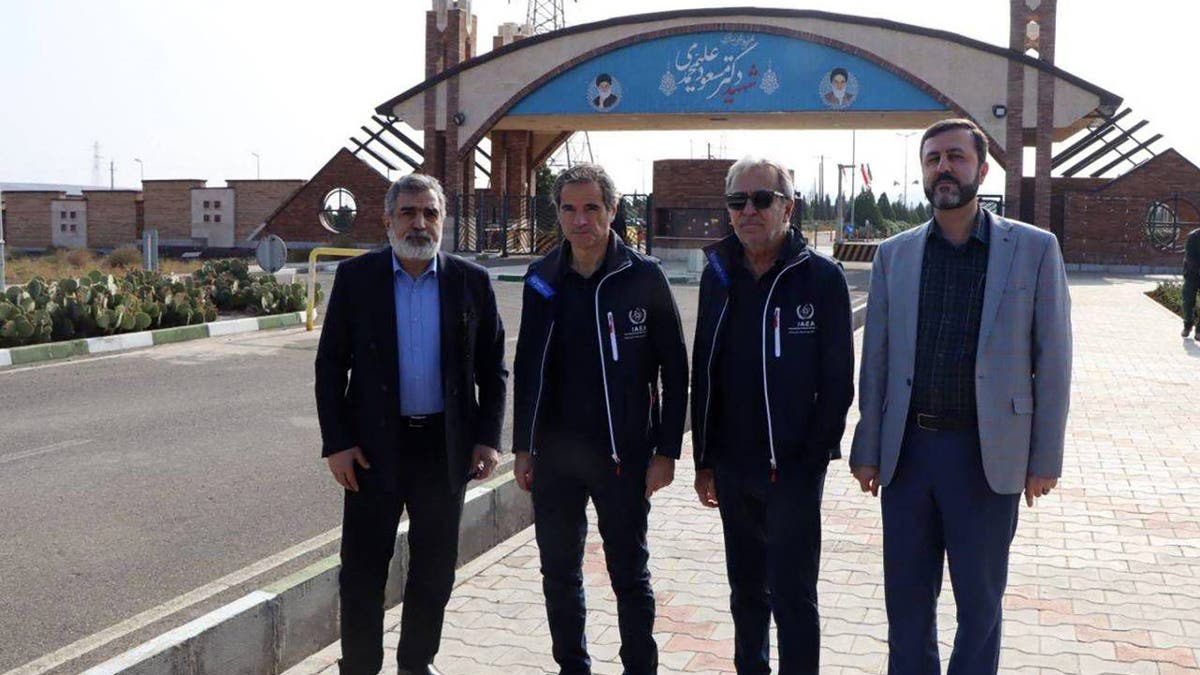
This picture provided by the Atomic Energy Organisation of Iran on Nov. 15, 2024 shows organization spokesman Behrouz Kamalvandi, left, and Iranian Deputy Foreign Minister Kazem Gharib Abadi, right, posing for a picture with the International Atomic Energy Agency chief Rafael Grossi, center left, in front of the gate of the Fordow nuclear enrichment plant, in Fordow near the city of Qom. (Atomic Energy Organization of Iran/AFP via Getty Images)
WHITE HOUSE URGES IRAN TO ACCEPT NUCLEAR DEAL AS IAEA REPORTS URANIUM ENRICHMENT SPIKE
The Iranian leader said on Wednesday that Iran’s nuclear development has become a source of national pride and claimed, «The number of countries in the world that have achieved a complete nuclear fuel cycle is perhaps fewer than the number of fingers on a person’s two hands.
«We’re capable of producing nuclear fuel starting from the mine and all the way to the power plant,» he added.
Iran has also repeatedly claimed it does not intend to develop a nuclear weapon, though its near-weapons-grade enrichment levels and missile program have suggested otherwise and prompted immense concern among international security officials, including the U.N.’s nuclear watchdog, the International Atomic Energy Agency.
Khamanei’s comments regarding Iran’s possession of a nuclear weapon were among the most fervent he has issued and again called into question Tehran’s claims that it is not looking to make itself the 10th nuclear nation.

A big banner depicting Iranian Supreme Leader Ayatollah Ali Khamenei is placed next to a ballistic missile in Baharestan Square in Tehran, Iran, on Sept. 26, 2024 on the sideline of an exhibition which marks the 44th anniversary of the start of the Iran-Iraq war. (Hossein Beris / Middle East Images / Middle East Images via AFP, via Getty Images)
CLICK HERE TO GET THE FOX NEWS APP
«You Americans possess atomic bombs and have the massive destruction of the world at your disposal,» he said in a series of posts on X. «What business is it of yours whether the Iranian nation should or shouldn’t have uranium enrichment or whether it should or shouldn’t have a nuclear industry?
«Why are you interfering and trying to say whether Iran should have uranium enrichment or not? That’s none of your business,» Khamanei said.
INTERNACIONAL
Estado de emergencia en Perú: cuáles son las fuertes restricciones que paralizarán Lima y Callao por un mes
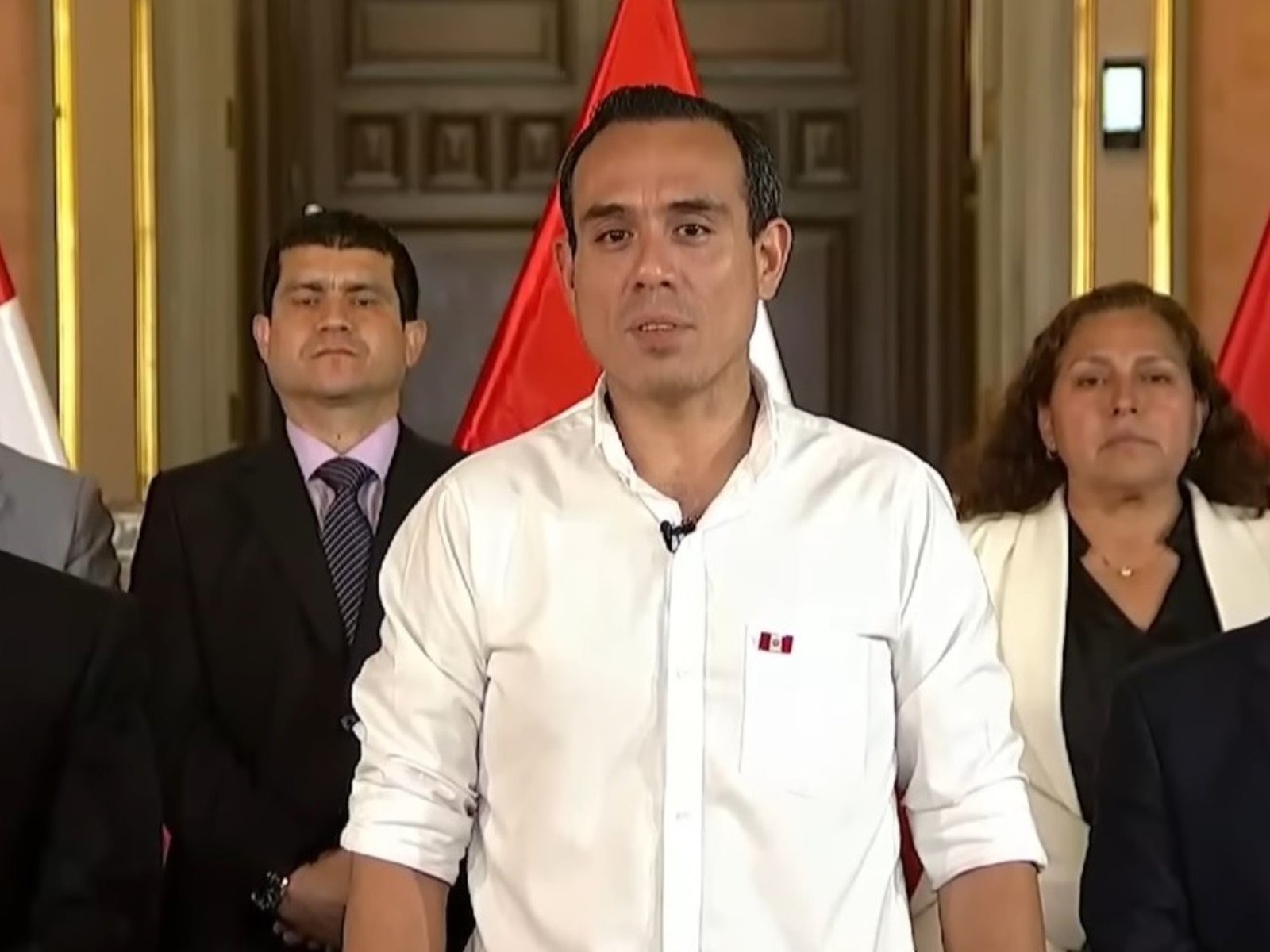
Lima quedará paralizada por un mes luego de que el presidente de Perú, José Jerí, decretara el estado de emergencia para enfrentar la ola de violencia, lo que implicó la suspensión temporal de algunos derechos constitucionales a partir de este miércoles. La medida también alcanza a la ciudad portuaria de Callao y afectará a más de 10 millones de personas.
Según el decreto publicado en el diario oficial El Peruano, mientras dure la medida quedan suspendidos derechos fundamentales como la inviolabilidad del domicilio y la libertad de reunión, en un contexto de múltiples protestas contra el Gobierno y el Congreso por diversos motivos, entre ellos la inseguridad.
Las nuevas normas permiten que las fuerzas de seguridad ingresen a cualquier vivienda y detengan a sospechosos dentro o fuera del domicilio sin orden judicial, y prohíben que la población se reúna para manifestaciones sin autorización de las autoridades.
También contempla que las Fuerzas Armadas apoyen a la Policía Nacional en el combate al crimen organizado mediante patrullas en zonas críticas, como paraderos, estaciones de metro e instituciones asociadas, y en otras situaciones de violencia.
Policías y militares custodiarán dependencias públicas e instalarán comandos temporales en coordinación con los municipios más afectados, con operativos de decomiso de armas, municiones, explosivos ilegales y artefactos pirotécnicos.
El estado de emergencia establece además restricciones en las cárceles, limitando las visitas a los internos, aplicando apagones en las celdas que permiten únicamente la iluminación y eliminando las antenas telefónicas ilegales en los alrededores.
En cuanto al tránsito, se prohíbe que dos adultos viajen en la misma moto, y las autoridades podrán solicitar documentos de identidad en las calles e incluso ingresar por la fuerza a viviendas.
El Comité de Fiscalización llevará a cabo operativos de control con apoyo de las fuerzas combinadas en áreas donde se identifiquen casos de trata de personas, venta ilegal de drogas y armas.
Las mismas medidas se aplicarán a la venta informal de chips telefónicos y equipos celulares de dudosa procedencia, suspendiendo de inmediato las líneas vinculadas a extorsiones o secuestros, según la ley vigente.
En un mensaje televisado de apenas un minuto a las 20:30 (hora local), Jerí afirmó: «La delincuencia ha crecido de manera desmesurada en los últimos años, causando un enorme dolor en miles de familias y afectando el progreso del país. Pero esto ¡se acabó!«.
Agregó que «el estado de emergencia aprobado por el Consejo de Ministros entra en vigencia a las 00 horas y por 30 días en Lima Metropolitana y el Callao», y subrayó que el gobierno pasa «de la defensiva a la ofensiva en la lucha contra el crimen, recuperando la paz, la tranquilidad y la confianza de millones de peruanos».
«Las guerras se ganan con acciones, no con palabras. ¡Viva Perú!», concluyó.
La medida es la primera acción de envergadura que toma Jerí en casi dos semanas al frente del país, donde la inseguridad es una de las principales preocupaciones de la población.
El Presidente no aclaró si pedirá al Parlamento derogar seis leyes aprobadas mientras fue legislador, consideradas por expertos como obstáculos para combatir el crimen, ya que eliminan la detención preliminar sin flagrancia, dificultan procesar partidos políticos como grupos criminales, elevan requisitos para confiscar bienes y entorpecen allanamientos y cooperación eficaz.
Jerí asumió la presidencia el 10 de octubre tras la destitución de Dina Boluarte por el Congreso, luego de un desplome en su aprobación.
Durante una multitudinaria protesta la semana pasada, que dejó un muerto en enfrentamientos con la policía, los manifestantes exigieron la renuncia del mandatario, la disolución del Parlamento y la derogación del paquete de leyes que, según expertos, debilitó la lucha contra la delincuencia.
Video
Incidentes durante una protesta frente al Congreso en Perú
Perú registra un marcado aumento de los delitos en los últimos años, con la mayoría de víctimas de la clase trabajadora: los homicidios pasaron de 676 en 2017 a 2.082 en 2024, mientras que las denuncias por extorsión subieron de 2.305 en 2020 a 21.746 el año pasado, según datos de la fiscalía.
El gobierno de Boluarte había declarado un estado de excepción en marzo, que se extendió hasta mayo, medida criticada por su escasa eficacia frente a los grupos criminales.
INTERNACIONAL
Tensión en Colombia: un tribunal dejó sin efecto la condena contra Álvaro Uribe por soborno y fraude procesal
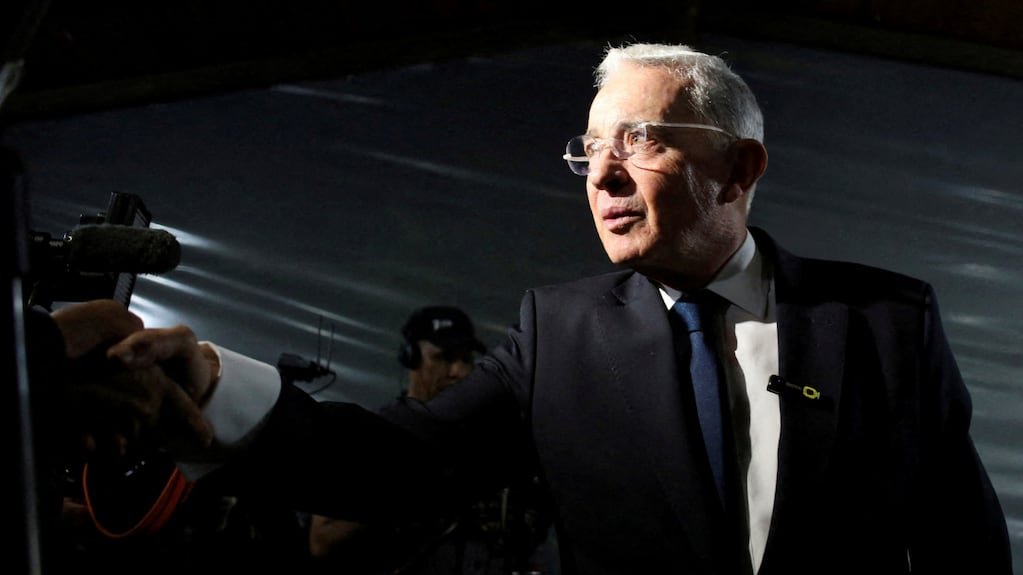
El Tribunal Superior de Bogotá dejó sin efecto este martes la condena que pesaba contra el expresidente colombiano Álvaro Uribe. Lo absolvió de los delitos de soborno a testigos y fraude procesal por los que había sido condenado en primera instancia a 12 años de arresto domiciliario.
“He dicho la verdad a mis compatriotas a lo largo de esta extensa vida pública”, dijo Uribe a la prensa desde su natal Antioquia, en el noroeste del país. Fue una breve declaración en la que agradeció a Dios, a su familia y a los abogados. Además, aseguró que continuará trabajando por Colombia.
Leé también: Trump suspendió su cumbre con Putin y presiona a Zelenski para que le ceda una región de Ucrania a Rusia Álvaro Uribe, en una rueda de prensa posterior a conocerse la decisión que lo absolvió de una condena de 12 años de cárcel domiciliaria. (Foto: REUTERS/Juan David Duque).
La argumentación del tribunal a favor de Álvaro Uribe
Uribe, quien gobernó Colombia entre 2002 y 2010, defendió su inocencia en el primer juicio contra un expresidente en el país. Además de esto, tildó la condena de “persecución política”, asegurando que la jueza fue sesgada en su contra. Sus abogados apelaron cuestionando la validez de las pruebas.
“La motivación de la sentencia presenta deficiencias estructurales… uso de premisas vagas y sesgos retóricos y omisión de análisis integral”, indicó el tribunal en la audiencia virtual. La absolución del expresidente tuvo dos de los tres votos posibles. Una de las magistradas salvó su voto al considerar que la condena debía ser ratificada.
El nuevo fallo será elevado por las partes en un recurso adicional a la Corte Suprema de Justicia, que tendrá la última palabra, según dijo Iván Cepeda, senador de izquierda, a la prensa. Cepeda es considerado como una de las víctimas en el caso y no descartó acudir también al sistema interamericano de derechos humanos.
“La justicia ha prevalecido”: el comentario de Marco Rubio
El proceso penal contra Uribe, un político conservador de 73 años, generó un pulso político entre seguidores y detractores cuando el país está en plena campaña preelectoral para los comicios legislativos y presidenciales de 2026. Uribe se lanzaría de nuevo para ser senador si sus temas judiciales se lo permiten, según indicó su partido, el Centro Democrático.
El abogado penalista Fabio Humar indicó a The Associated Press que Uribe podrá aspirar al Senado mientras esté en libertad y la Corte Suprema define un eventual recurso adicional. Humar consideró que, aunque el recurso en la Corte suele demorarse años, la decisión sobre Uribe será mucho más rápida dada la importancia del caso en el país.
Paloma Valencia, senadora uribista, celebró el fallo e indicó que se sentía aliviada. “Siempre hemos confiado en su inocencia, siempre defendiendo su legado y su buen nombre”, indicó en X. La decisión también fue celebrada por el expresidente conservador Iván Duque, quien estuvo en el Poder entre 2018-2022).
El secretario de Estado estadounidense, Marco Rubio, consideró en X que la “justicia ha prevalecido” tras la absolución de Uribe. Para Rubio, el proceso fue parte de una “caza de brujas”.
Leé también: EE.UU., la Argentina y otros siete países respaldaron al presidente electo de Bolivia: “Abrazar el cambio”
La reacción de Gustavo Petro
El presidente colombiano, Gustavo Petro, convocó a una concentración el viernes en la Plaza de Bolívar de Bogotá. La movilización tiene el objetivo de iniciar una recolección de firmas con el fin de convocar una Asamblea Nacional Constituyente, tras la absolución del expresidente Álvaro Uribe (2002-2010). La publicación de Gustavo Petro en la que convoca a una movilización. (Foto: X/@PetroGustavo).
El proceso contra el expresidente Uribe comenzó en 2012, cuando presentó una denuncia por difamación contra el senador de izquierda Iván Cepeda.
Uribe aseguró que buscaba en cárceles testigos como Juan Guillermo Monsalve para que lo vincularan con el paramilitarismo. Sin embargo, la Corte Suprema desestimó la denuncia contra Cepeda y, en un giro inesperado, abrió una causa contra Uribe. Sospechaba que era él quien intentaba cambiar la versión de testigos.
Uribe fue detenido en su domicilio brevemente por orden de la Corte en 2020 en medio de la investigación, pero salió libre tras renunciar a su curul en el Senado, lo que hizo que su proceso pasara a la fiscalía. Los fiscales pidieron varias veces que el proceso fuera cerrado, sin lograr convencer a jueces, hasta que decidieron llevar al expresidente al juicio por el que fue condenado a 12 años de prisión domiciliaria en primera instancia.
Colombia, Álvaro Uribe, Gustavo Petro
INTERNACIONAL
GOP senator predicts Trump’s next move in Venezuela amid Hezbollah’s influence: ‘Long past due’
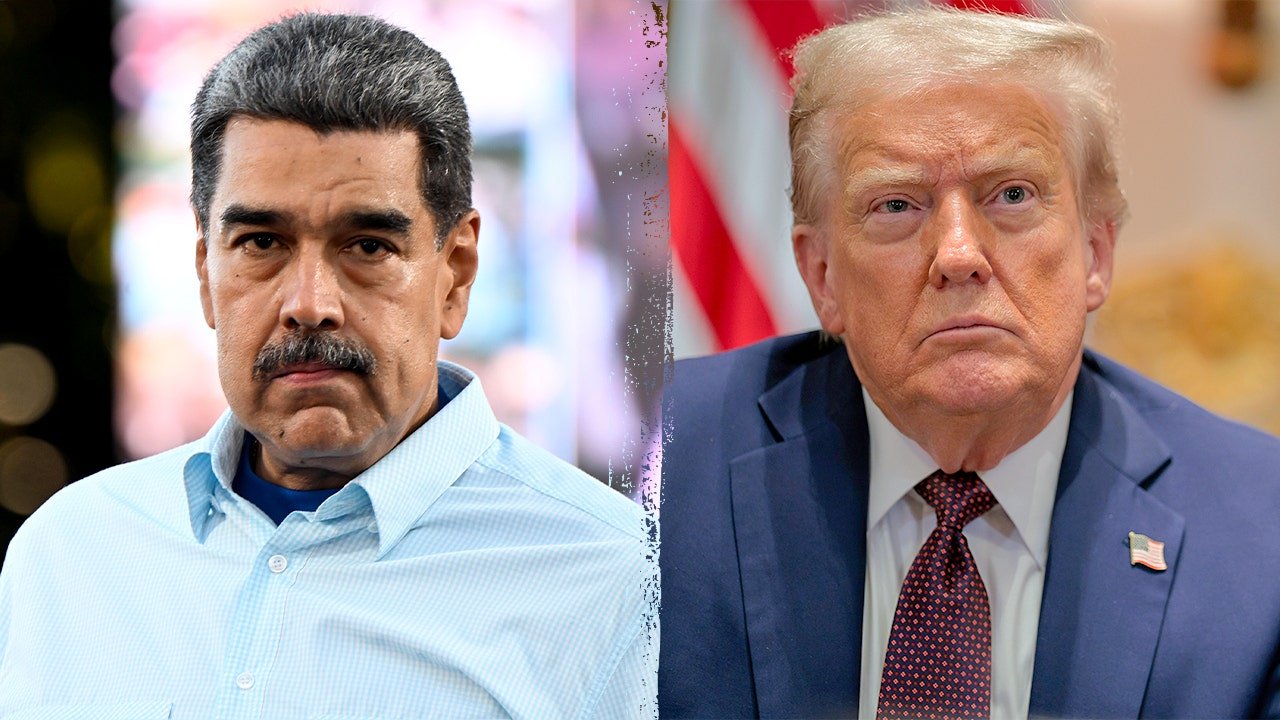
NEWYou can now listen to Fox News articles!
Hezbollah’s growing foothold in Latin America has found its epicenter in Venezuela, where U.S. lawmakers and former counterterror officials say the Maduro regime has turned the country into a safe haven for one of the world’s most dangerous terrorist groups, giving it access to drug trafficking routes, forged documents and a gateway to the Western Hemisphere.
At a Senate Caucus on International Counternarcotics Control hearing this week, both Republican and Democratic senators warned that Hezbollah’s integration into Latin America’s criminal underworld — once concentrated in Colombia and the tri-border region — has now taken root under Venezuela’s protection.
Witnesses described an illicit web of narcotics, money laundering and passport-for-terrorist schemes that have flourished with state sponsorship, turning Venezuela into what one expert called the «most important facilitator for Hezbollah in Latin America.»
«Venezuela is a willing safe haven for what remains the most lethal, dangerous foreign terrorist organization to the United States,» said Marshall Billingslea, a former senior Treasury official.
US BOLSTERS MILITARY PRESENCE IN CARIBBEAN NEAR VENEZUELA AMID TRUMP’S EFFORTS TO HALT DRUG TRAFFICKING
Hezbollah’s growing foothold in Latin America has found its epicenter in Venezuela, where U.S. lawmakers and former counterterror officials say the Maduro regime has turned the country into a safe haven for one of the world’s most dangerous terrorist groups. (AFP via Getty Images)
Sen. Sheldon Whitehouse, D-R.I., and Sen. John Cornyn, R-Texas, both warned that Hezbollah’s 50-year presence in Latin America now poses a hemispheric threat requiring coordinated U.S. action.
Ambassador Nathan Sales, the former counterterrorism coordinator at the State Department, urged more Latin American nations — especially Brazil and Mexico — to designate Hezbollah in its entirety as a terrorist organization.
The bipartisan tone, rare in today’s Congress, underscored what lawmakers called a clear and present danger — a sanctioned regime in America’s backyard providing cover to a global terror group.
«Venezuela has become a key enabler of Hezbollah’s malign activity in our region,» Sales testified.
«This is not just about the Middle East anymore,» Cornyn added. «It’s about a terrorist organization embedding itself in the Western Hemisphere under the protection of a hostile regime.»
Sen. Bernie Moreno, R-Ohio, went a step further, predicting that the United States will move to end Nicolás Maduro’s rule altogether.
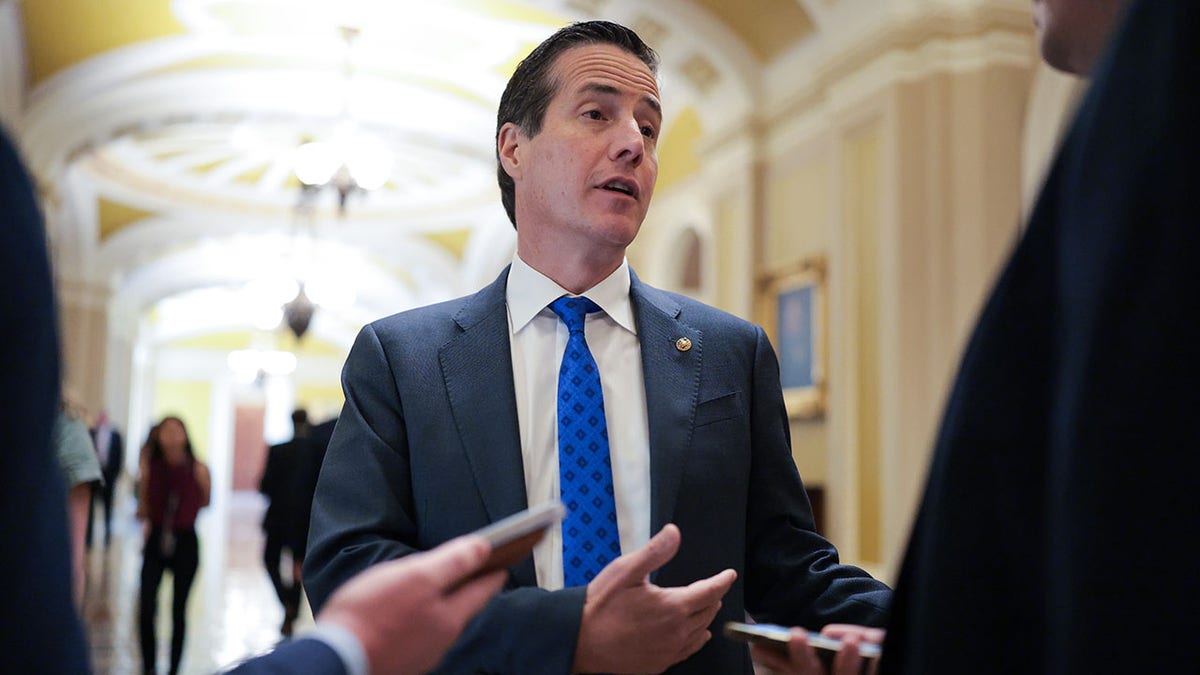
Sen. Bernie Moreno, R-Ohio, went a step further, predicting that the United States will move to end Nicolás Maduro’s rule altogether. (Kayla Bartkowski/Getty Images)
«I think we’re going to free Venezuela,» Moreno said. «That will be one of President Trump’s many, many legacies. It’s long past due, and I think his days are numbered.» Moreno added that he «would be surprised if [Maduro is] still in Venezuela by the end of this year,» signaling growing confidence that Washington could soon pursue regime change in Caracas after seven strikes on alleged narco-traffickers on the seas.
SENATORS LOOK TO BLOCK TRUMP FROM ENGAGING IN ‘HOSTILITIES’ IN VENEZUELA
Billingslea and Cornyn pointed to evidence that Venezuelan officials issued passports to Hezbollah operatives, including accusations that former Vice President Tareck El Aissami helped militants travel freely across the region.
According to Billingslea, more than 10,000 passports were issued to individuals from Syria, Lebanon and Iran under the former Venezuelan vice president, some with known Hezbollah or Hamas ties.
The system, witnesses said, allowed operatives to disguise identities, launder funds and even move into the U.S. with false papers.
Sales detailed how Hezbollah’s operations have become embedded in the regional drug trade, including the trafficking of so-called «black cocaine» compressed into charcoal-like briquettes to avoid detection.
«Hezbollah traffics narcotics through criminal networks active in the tri-border area. … It’s particularly involved in the sale of black cocaine,» Sales said.
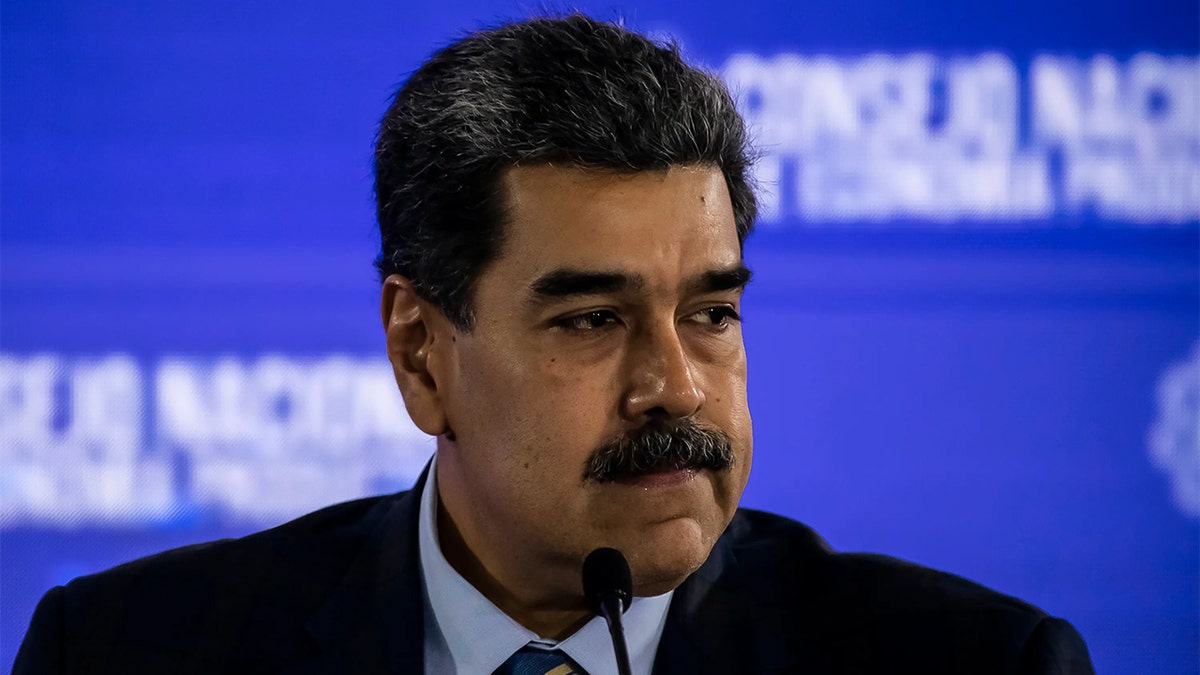
«I think we’re going to free Venezuela,» Moreno said. «That will be one of President Trump’s many, many legacies. It’s long past due, and I think his days are numbered.» (Carlos Becerra/Getty Images)
He and others warned that as sanctions squeeze Iran and Hezbollah’s financial channels in the Middle East, the group is relying more heavily on Latin American drug profits to sustain itself.
CLICK HERE TO DOWNLOAD THE FOX NEWS APP
Matthew Levitt of the Washington Institute said Venezuela has effectively joined what he called the «axis of evasion,» a global sanctions-defying network linking Russia, China, Iran and North Korea.
«Venezuela plays an important part in this illicit network as it reaches the Western Hemisphere,» Levitt said, describing its role in gold smuggling, oil-for-cash deals and financial cover for Iran and Hezbollah.
venezuelan political crisis,latin america,drugs

 CHIMENTOS2 días ago
CHIMENTOS2 días agoLa cruda confesión del Turco Naim a 1 año de la separación de Emilia Attias: «Me di cuenta que hay que aprender a estar solo»

 POLITICA3 días ago
POLITICA3 días agoExigen que Cristina Kirchner y los candidatos de Fuerza Patria aclaren si fueron financiados por el narco venezolano

 CHIMENTOS2 días ago
CHIMENTOS2 días agoPampita recibió un video inesperado de su hija Blanca en el Día de la Madre y no pudo contener la emoción















